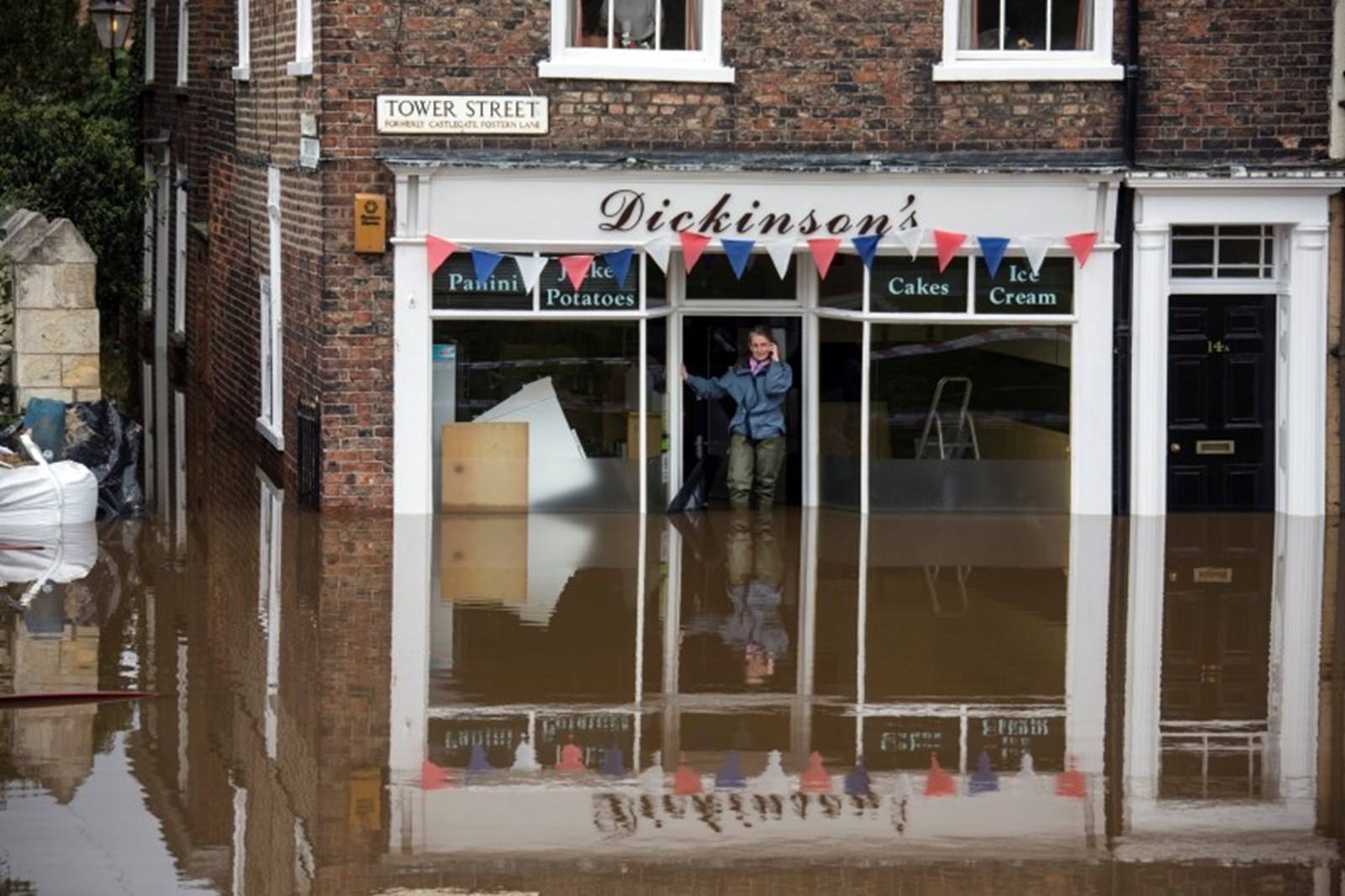
Evacuation Rule:
"One can not recover from a disaster, from within a disaster."
Business Continuity folks generally get this rule right. Their continuity plans usually address 'warm sites' to quickly stand up a remote office, 'fail-overs' in case of server failure, and lots of other redundancy baked into their contingency plans.
Incident managers? Not so much.
Evaluating disaster simulations is where I've see this rule frequently violated.
Remember, how we train is how we perform!
Example:
Here's how it plays out:
Incident managers (aka Incident Commanders in ICS-lingo) get to decide where the command post is going to be.
Since many of them are responders at heart, they like to establish the command post close to the action.
Also known as: the hot zone. Yikes.
- Good for selfies to post on Instagram.
- Not so good in the event poop starts selling for $10 bucks a pound.
The same questionable logic is frequently used for family reunification centers, shelters, base camps and the like.
Even during event management we see this dubious planning on display.
- Event command posts (which are there in case the planned event turns into an unplanned emergency, right?) are often put in the center of the action.
- Sporting events, concerts, etc. seem to be the most common.
For the general public that's been impacted by the disaster, the plan to recover from a disaster while in a disaster is even worse.
- In many instances, they've lost access to running water and electricity plus access to other services like sanitation.
- The longer they stay inside the disaster zone, the more they will drain whatever existing resources remain.
- Therefore, their general condition will decline the longer they stay ... not improve.
When everything goes as planned, these event or incident facilities provide incident managers easy access to their troops and the event.
I get it. Really.
However, world-class Crisis Response Leaders know to plan ahead, to manage risk and to create contingencies for when things don't go as planned.
So having a plan that expects people to recover from a disaster while they are inside a disaster is a recipe for another disaster.
Let's not do that, okay?
The next rule is near and dear to my heart because I mindlessly violated it many times, unintentionally endangering the welfare of hundreds of people.
